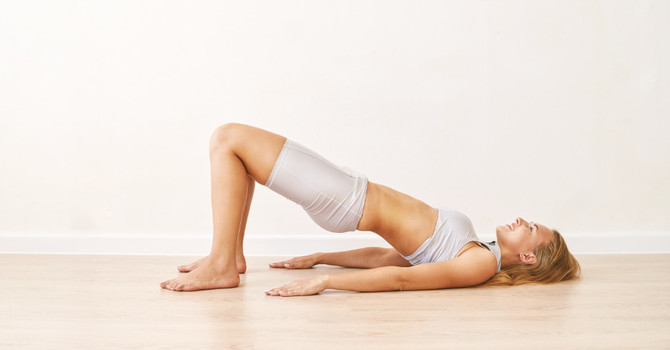
Maintaining a healthy bladder is key to overall well-being and daily comfort. While bladder health may not always be top of mind, simple lifestyle choices can have a big impact on how well your urinary system functions. From staying hydrated to strengthening muscles that support bladder control, there are many ways to care for your bladder and ensure it works properly.
Why Bladder Health Is Important
The bladder plays a crucial role in storing and releasing urine. When it isn’t functioning optimally, it can lead to issues like frequent urination, discomfort, or incontinence. A healthy bladder allows you to go about your day without worry, while poor bladder health can disrupt your routine and affect your quality of life. Taking steps to support your bladder is not only important for physical health but also for maintaining confidence and comfort in daily activities.
How to Promote Bladder Health
Occupational and pelvic health therapists often emphasize bladder-friendly habits that can help prevent discomfort and support long-term health. Here are a few easy ways to promote a healthier urinary system:
- Stay Hydrated: Drinking enough water throughout the day is essential for bladder health. Aim to stay hydrated while avoiding excessive caffeine or sugary drinks, which can irritate the bladder.
- Strengthen Your Pelvic Floor: Pelvic floor exercises, also known as Kegels, can help improve bladder control by strengthening the muscles that support your urinary system. These exercises can be done anywhere and are a simple addition to your daily routine.
- Use the Bathroom Regularly: It’s important to avoid holding urine for long periods. This can put stress on the bladder and weaken its ability to function properly. Try to empty your bladder every 3-4 hours.
Everyday Habits for a Healthier Bladder
In addition to the tips mentioned above, there are small lifestyle changes you can make to improve your bladder health:
- Maintain a balanced diet: Foods rich in fiber can help prevent constipation, which can, in turn, reduce pressure on the bladder.
- Manage stress: Stress can impact bladder control. Incorporating stress-relief techniques, such as deep breathing or meditation, can support bladder health by keeping your muscles relaxed.
By focusing on these simple habits and incorporating pelvic health practices, you can maintain a healthy bladder and avoid common issues like discomfort or incontinence.
The content in this blog is for informational purposes only and is not a substitute for professional medical advice, diagnosis, or treatment. Always consult your doctor or a qualified healthcare provider before trying new healthcare protocols.



